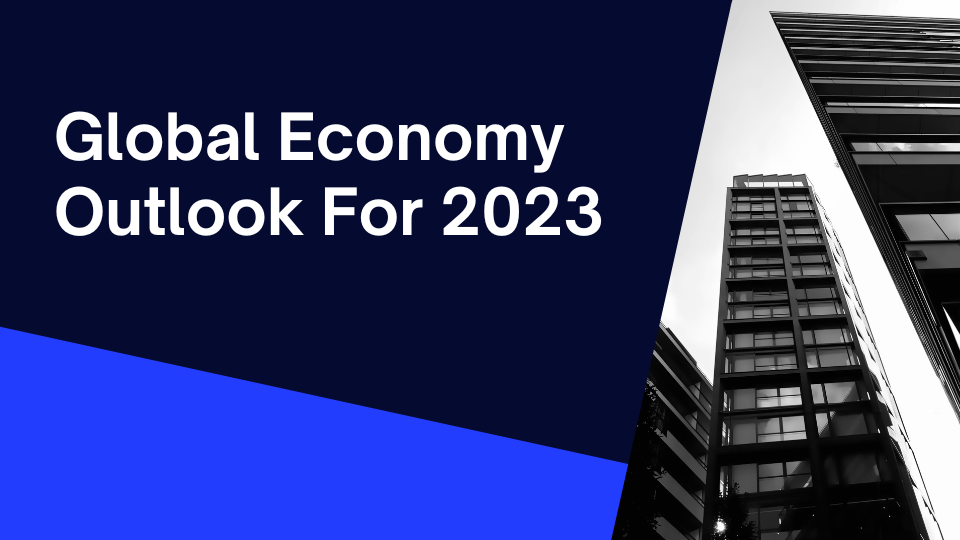Imf Downgrades Global Economy Outlook For 2023

2023 will “feel like a recession” as a result of global efforts to reduce post-pandemic inflation.
The International Monetary Fund revised down its forecast for the global economy through 2023, predicting that many people will experience next year “feeling like a recession” as a result of global central banks’ responses.
Also Read: –2023 Canada & New England Cruises
The lending organisation representing 190 nations predicted on Tuesday that global economic growth will be a meagre 2.7% in 2023, down from its July estimate of 2.9%. In contrast, the global economy expanded by 6% in 2021. The IMF noted the ongoing conflict between Russia and Ukraine, persistent inflationary pressures, onerous interest rates, and the pandemic’s residual effects.
According to IMF Chief Economist Pierre-Olivier Gourinchas, “the worst is yet to come.”
Thus, the prediction for Canadian growth in 2023 dropped to 1.5, a three-tenths of a percentage point decrease from the previous forecast released in July. Meanwhile, the projection for Canadian growth in 2022 dropped from 3.4% to 3.3%.
The conservative IMF estimate of 3.2% global growth for 2022 was not revised.
Economic stalemates
The United States, Canada’s biggest trading partner, is expected to expand barely 1% in the coming year. According to Gourinchas, their economy is stagnating along with those of China and Europe.
According to the IMF, the 19-nation Euro-bloc would only increase by 0.5% in 2023 as a result of the rising cost of oil and the Russian invasion of Ukraine.
The IMF’s co-founding member China was expected to have the steepest contraction, falling from 8.1% in 2021 to 3.2% this year and 4.4% the next year. According to Gourinchas, the draconian zero-COVID policy and crackdown on excessive real estate loans in Beijing will be to blame for the business interruptions.
Every nation is coping with the aftereffects of the 2020 COVID-19 epidemic, which paralysed the global economy and called for high public spending and low interest rates. These actions sped up and improved the recovery from the pandemic slump. However, it has a hefty price.
In order to reduce the risk of inflation and relieve pressure on the consumer supply chain, central banks are currently sharply hiking interest rates. Throughout 2022, the central bank of Canada has increased its short-term rate five times. This raises the possibility of a severe slowdown and recession.
The United States’ higher borrowing costs have also encouraged foreign investment there and increased the value of the dollar, which has increased the cost of exports from the country and increased inflationary pressures globally.
According to Maurice Obstfeld, a former IMF head economist who currently teaches at the University of California, Berkeley, a too assertive U.S. central bank might “push the world economy into an unnecessarily painful downturn.”










